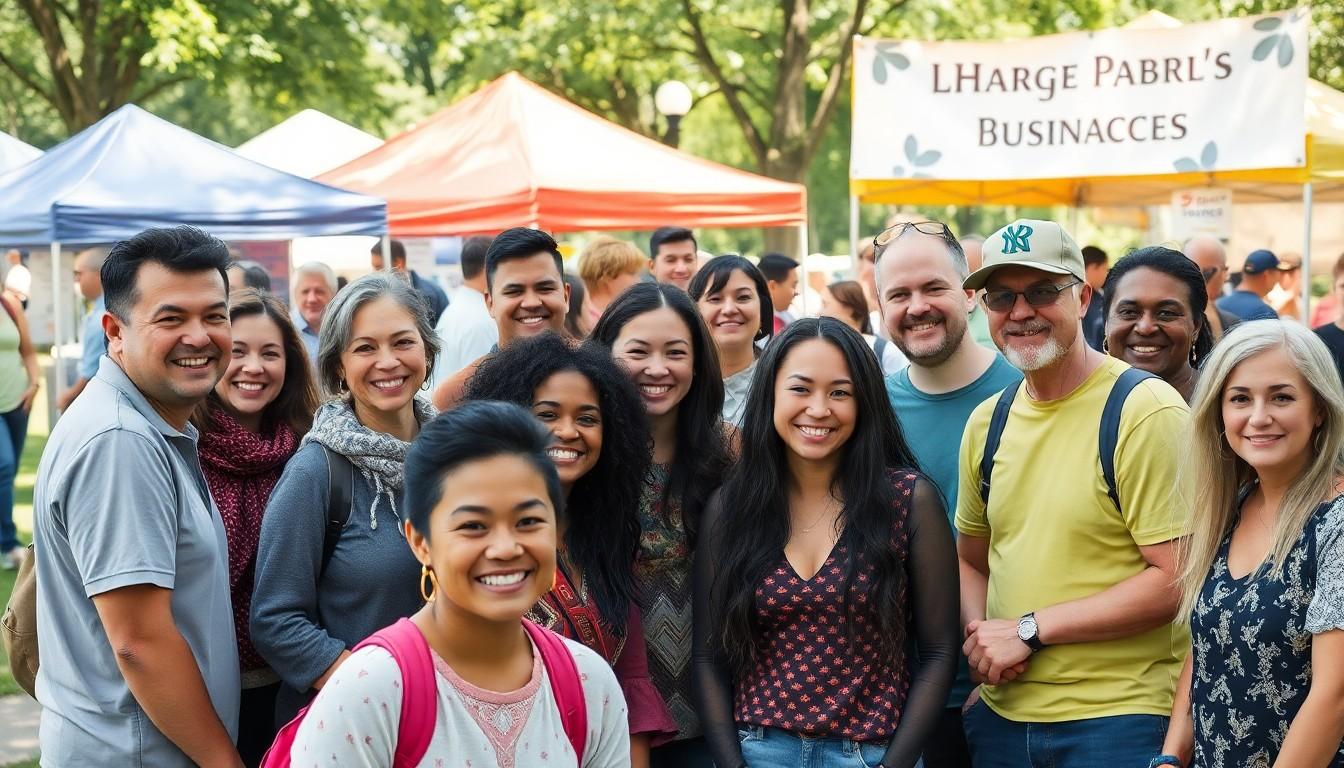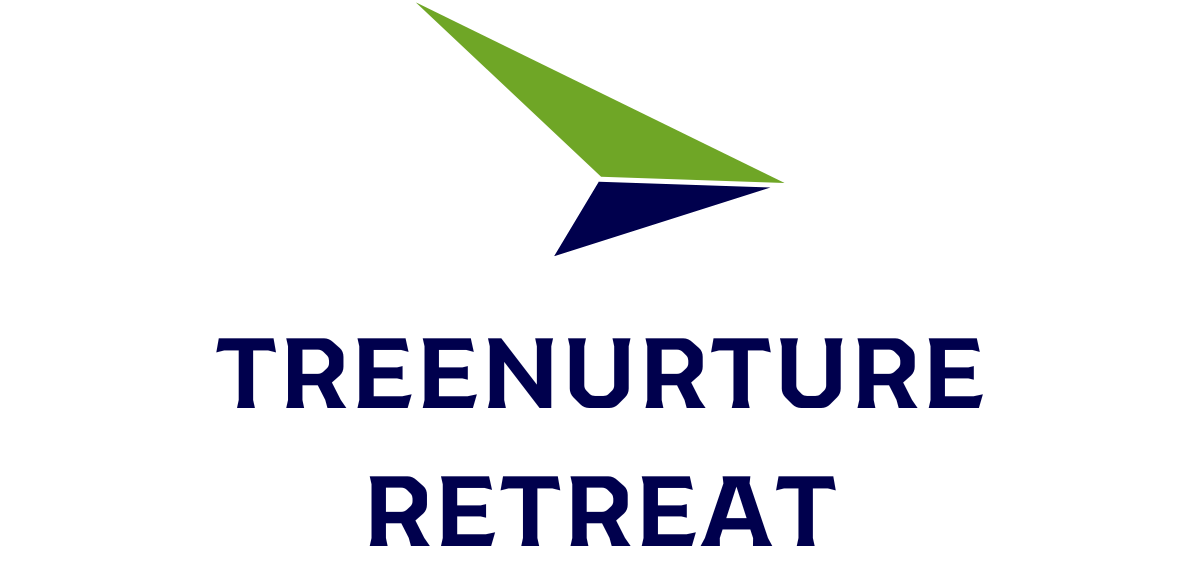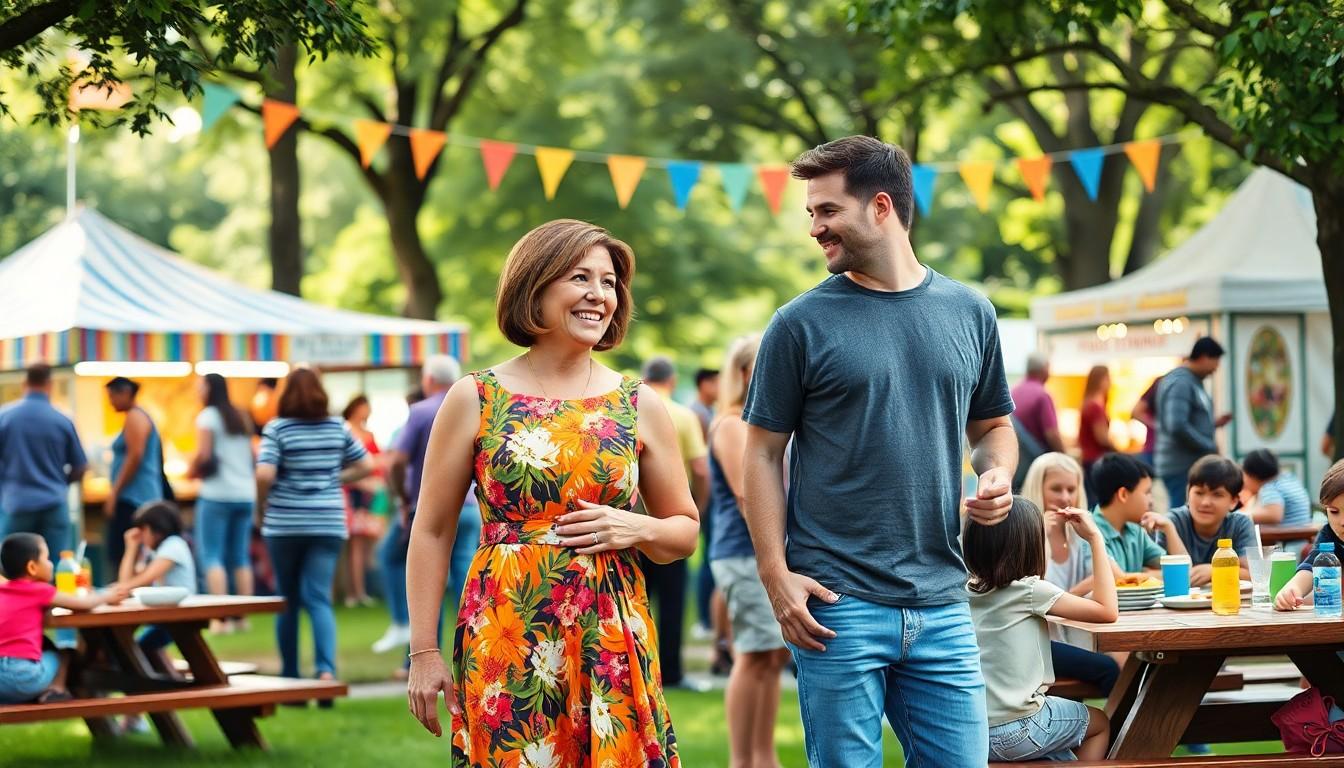In a world where every day feels like a repeat of the last, community events calendars are the secret sauce that spices up life. They’re not just lists; they’re treasure maps leading to laughter, connection, and unforgettable experiences. Whether it’s a quirky food festival or a heart-pounding charity run, these calendars are the ultimate guide to transforming weekends from Netflix marathons into vibrant adventures.
community events calendar
A community events calendar is a centralized resource that provides dates, times, and details for local activities. Residents use these calendars to stay informed about upcoming events within their neighborhoods. These events typically include festivals, parades, concerts, workshops, and charity runs, among other activities.
Community events calendars promote participation by offering varied experiences that cater to diverse interests. They encourage social interaction among residents, fostering a sense of belonging and unity. Each listing on the calendar generally contains essential information such as the event’s location, description, and contact details for further inquiries.
Moreover, many communities offer online platforms for their event calendars, allowing easy access for everyone. Individuals often subscribe to these calendars for real-time updates and notifications about local happenings. Local governments and organizations frequently collaborate to ensure the calendar reflects the vibrant culture of the area.
Timely updates are crucial, as they keep the community informed about changes or cancellations. These calendars serve as vital tools for planning outings and engaging in local initiatives.
In essence, a community events calendar acts as a bridge connecting residents to the activities that enrich their lives and enhance their surroundings.
Importance of a Community Events Calendar

Community events calendars play a crucial role in enhancing local life. They act as centralized resources that facilitate engagement and foster community spirit.
Promoting Local Engagement
Local residents discover activities that interest them through community events calendars. By showcasing a variety of events such as fairs, sports, and workshops, these calendars encourage participation across different age groups and backgrounds. Accessing calendar information helps individuals find opportunities to connect with neighbors, making friendships easier to form. Participation in events creates a lively atmosphere, fostering a sense of belonging within the community. Online platforms provide convenience, allowing individuals to share events with friends and family easily, amplifying engagement. Each listing significantly contributes to building a vibrant community with active involvement.
Supporting Local Businesses
Community events calendars also support local businesses significantly. By highlighting events hosted by local shops, restaurants, and service providers, these calendars drive traffic and promote visibility. Many businesses benefit from sponsorships and partnerships with event organizers, strengthening local economies. Engaging with the community through events shows commitment to supporting the local market. Sheriffs or local leaders often participate, which enhances business reputation and trust. Events like farmers’ markets give small vendors exposure, allowing them to reach wider audiences. A calendar tailored to community interests directly impacts local entrepreneurship and sustainability.
Features of an Effective Community Events Calendar
An effective community events calendar boasts several key features designed to enhance user engagement and accessibility.
User-Friendly Interface
A user-friendly interface simplifies navigation and encourages exploration. Clear categories and search functions help residents find relevant events quickly. Mobile responsiveness allows access on various devices, ensuring everyone can stay updated. Visually appealing designs attract attention and foster interest in local activities. Integration with social media offers easy sharing options, while filtering tools personalize the experience.
Comprehensive Event Listings
Comprehensive event listings provide essential details for each occurrence. Listings typically include dates, times, and precise locations, helping individuals plan effectively. Event descriptions highlight unique aspects, fostering curiosity and encouraging participation. Contact information ensures easy communication with organizers. Furthermore, the inclusion of diverse events caters to all age groups and interests, promoting inclusivity. Regular updates guarantee accuracy, keeping the community informed about any changes or cancellations.
How to Create a Community Events Calendar
Creating an effective community events calendar involves strategic planning and collaboration. It requires careful consideration of various elements to ensure comprehensive coverage of local activities.
Choosing the Right Platform
Selecting a suitable platform is vital for maximizing visibility. Websites and social media channels often attract more engagement than static posts. Popular options include community websites, social media groups, and dedicated event platforms. Each choice offers unique advantages, whether it’s extensive reach or user interaction. Mobile compatibility enhances accessibility, allowing residents to view updates on the go. Evaluate the specific needs of the community to identify the best fit. Prioritize platforms that support real-time updates and easy event submissions to streamline the process.
Collaborating with Local Organizations
Collaboration with local organizations enhances the calendar’s relevance. Partnerships can improve outreach and provide valuable event insights. Schools, charities, and businesses often host events, making them ideal collaborators. Open communication leads to stronger relationships and shared resources. By working together, organizations can cross-promote events, increasing attendance. Involve these stakeholders in the planning process for maximum impact. Regular meetings can maintain momentum and ensure that all voices are heard, fostering a sense of community ownership. Prioritizing collaboration strengthens ties and enriches the events calendar with diverse offerings.
Tips for Maximizing Reach and Participation
Engaging the community effectively hinges on various strategies. Utilize social media platforms to share event details and encourage sharing among followers. Collaborate with local influencers to amplify event visibility and attract diverse audiences.
Consider using engaging visuals and videos when promoting events; these elements capture attention and increase interest. Diversifying event types attracts a broader demographic, addressing varying interests across age groups and backgrounds.
Incorporate feedback from community members to tailor events to their preferences; regular surveys can provide insights into desired activities. Offering incentives, such as discounts or giveaways, encourages participation and enhances excitement.
Timing plays a crucial role in event promotion; schedule announcements to reach maximum audience availability. Post updates about new events or changes promptly to ensure accurate information is always accessible.
Monitor engagement statistics through analytics tools; this data helps refine future promotions and understand community interests better. Create partnerships with local schools and businesses, enhancing outreach and fostering stronger community bonds.
Understand that a diverse selection of events will likely draw more participants; consider cultural festivals, workshops, or sports competitions. Consistency in communication maintains a sense of anticipation around events and keeps the community informed.
Providing a user-friendly calendar interface enables easier navigation and exploration. Regular updates maintain relevancy, ensuring community members stay informed about local activities. Prioritizing these approaches fosters a vibrant community culture, driving engagement and enhancing participation.
vibrant and connected atmosphere
A community events calendar is more than just a list of activities; it’s a vital tool for enhancing local engagement and fostering connections. By providing easy access to diverse events, it encourages residents to participate and explore their surroundings.
These calendars not only promote social interaction but also support local businesses and initiatives. With the right strategies and collaboration, communities can create dynamic calendars that reflect their unique culture and interests.
Embracing this resource allows individuals to make the most of their free time, transforming ordinary days into memorable experiences. As communities continue to evolve, a well-maintained events calendar will remain essential for nurturing a vibrant and connected atmosphere.

